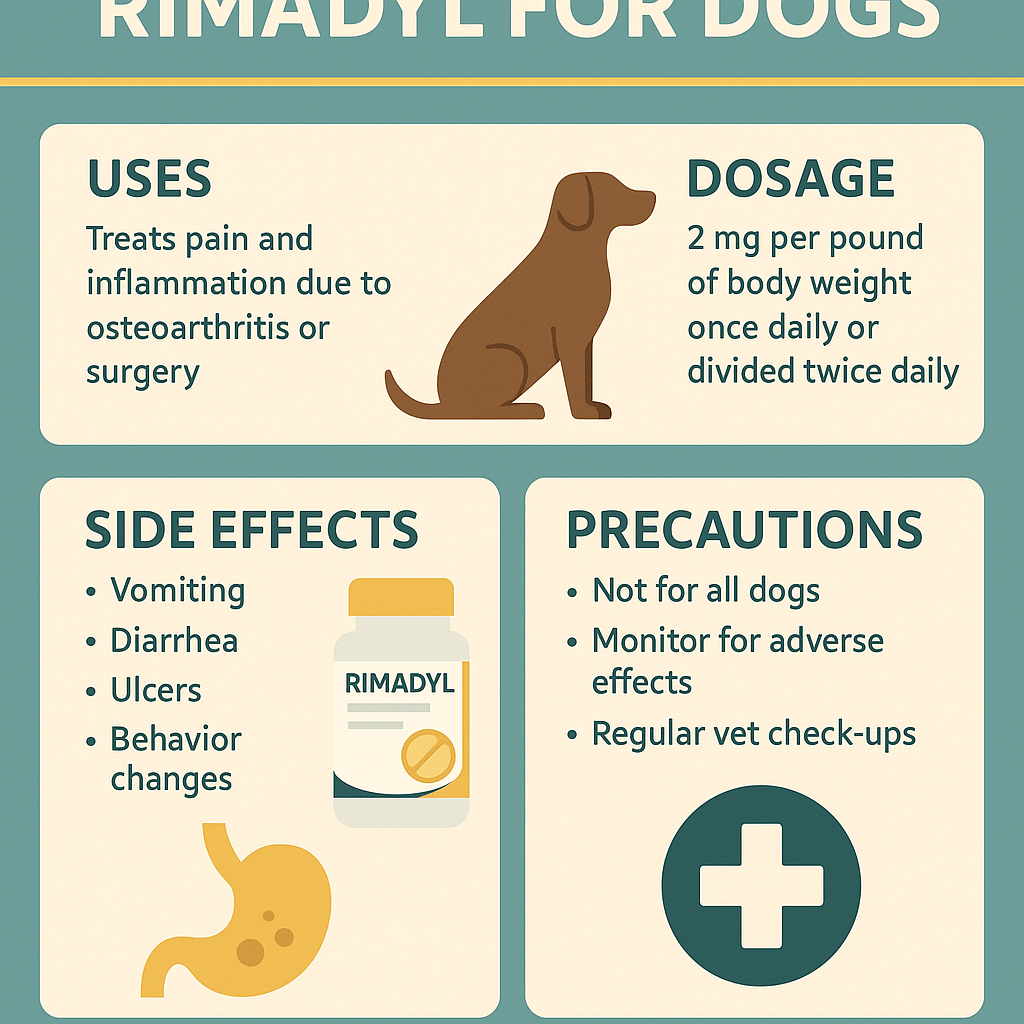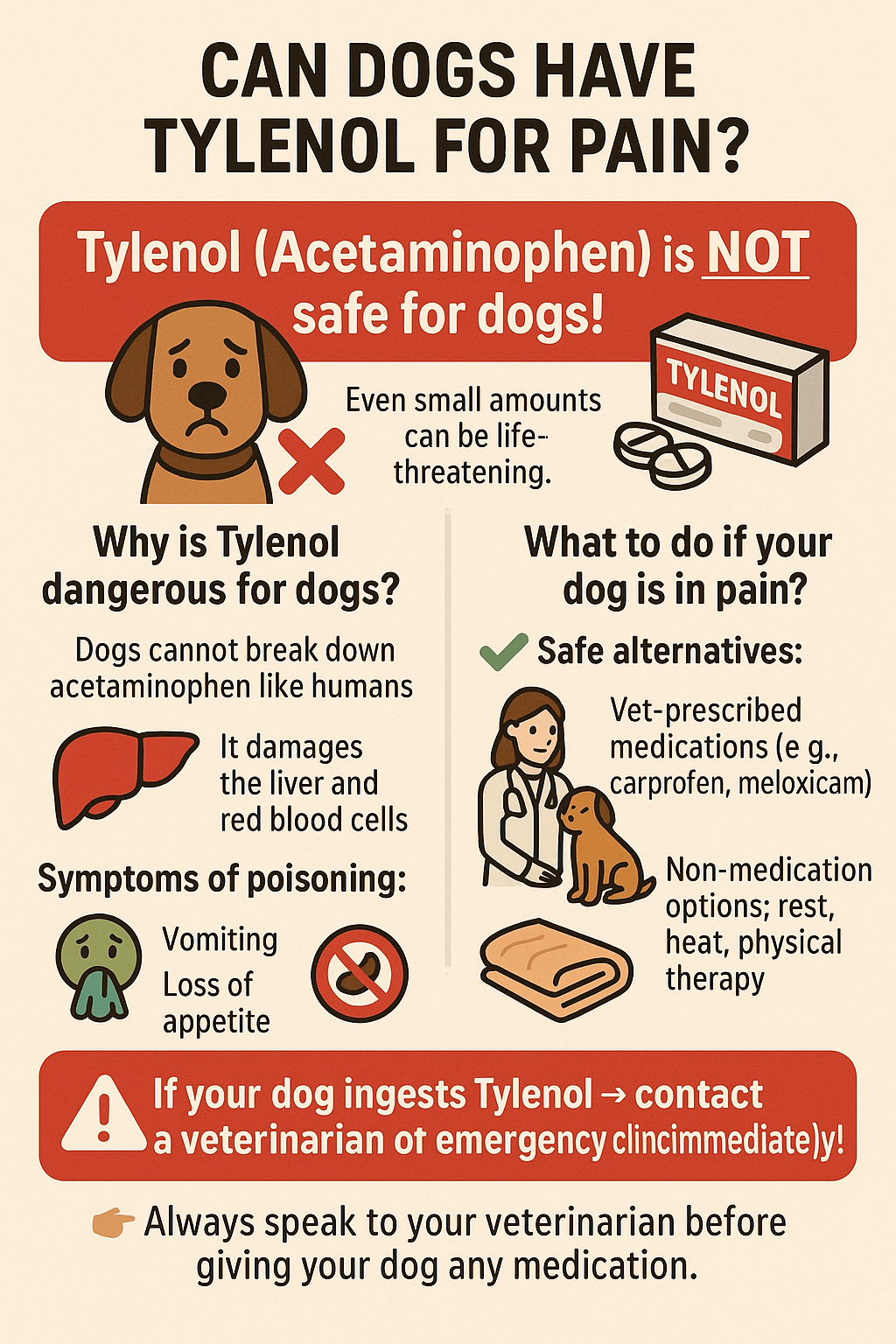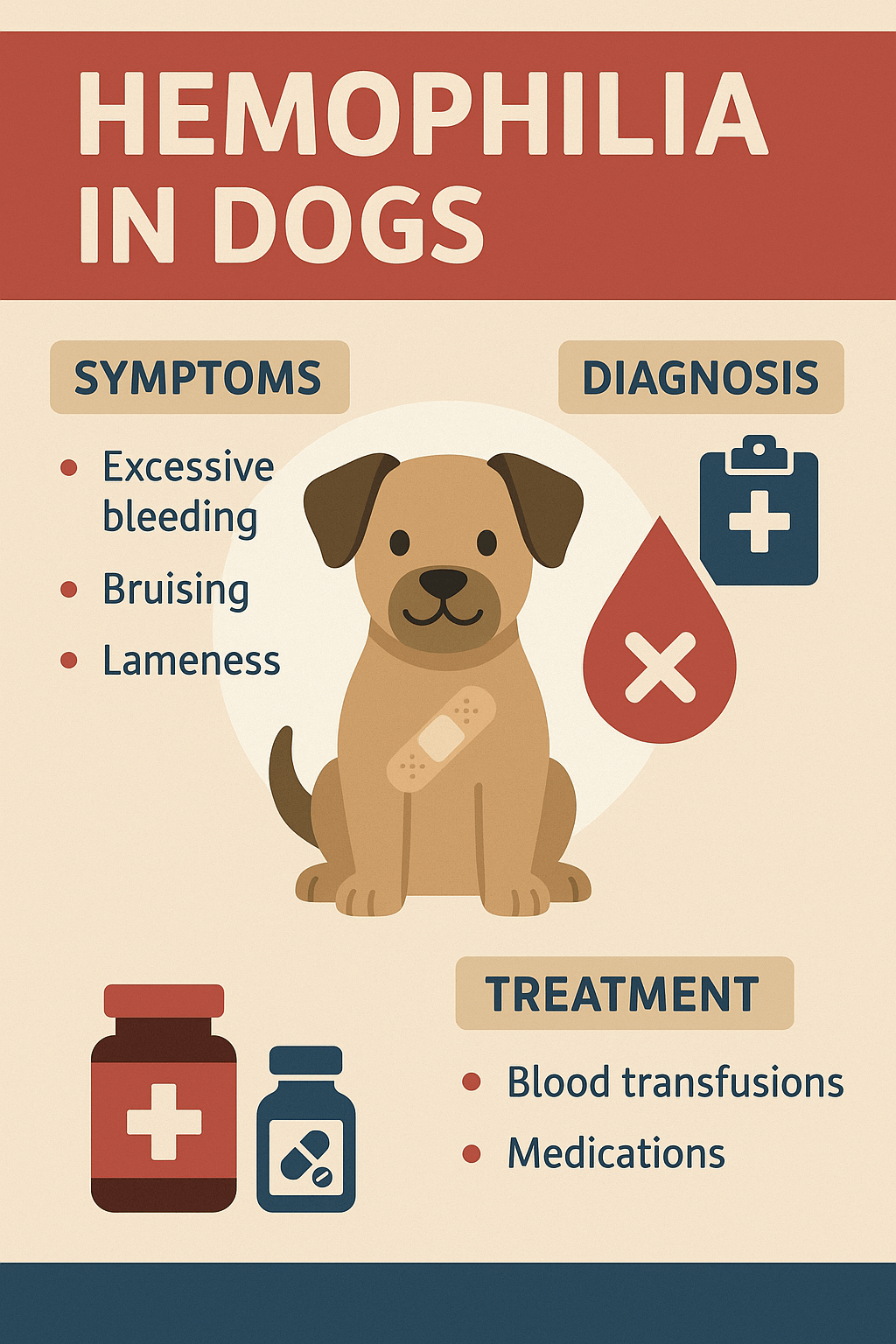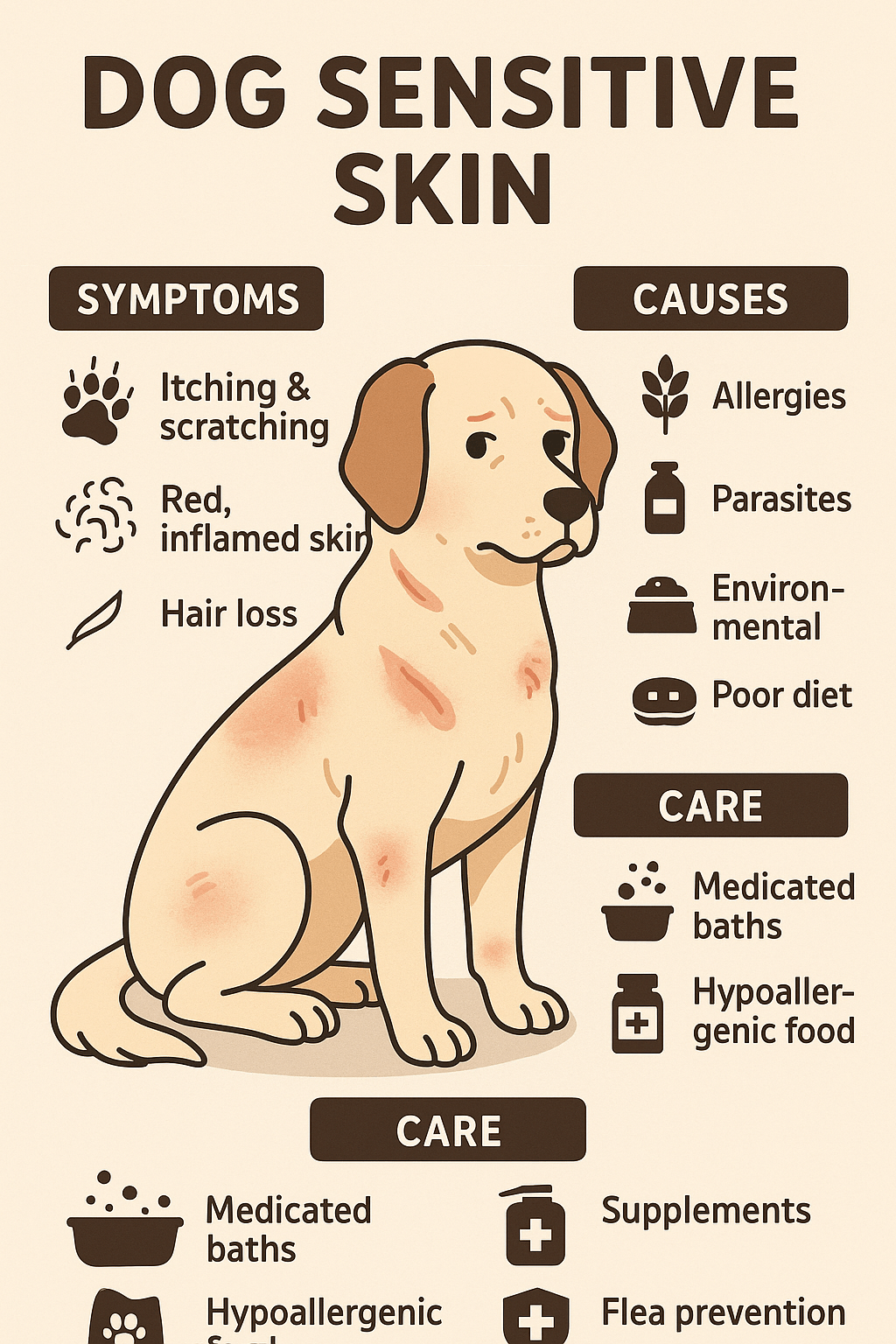Understanding the Cytopoint Injection for Dogs
If you’re a dog owner dealing with a furry friend suffering from allergies, you’ve likely heard of the Cytopoint injection. This innovative treatment has become a popular choice among veterinarians and pet owners alike for managing allergic itching in dogs. Unlike traditional medications, Cytopoint offers targeted relief without many of the side effects associated with long-term drug use. But what exactly is Cytopoint, how does it work, and is it the right solution for your dog? In this blog post, we’ll explore everything you need to know about the Cytopoint injection, from its benefits to potential concerns, so you can make an informed decision about your dog’s health.
How Does the Cytopoint Injection Work?
The Cytopoint injection is designed to provide fast and effective relief for dogs suffering from allergic itching. Its mechanism of action is both innovative and precise, targeting the root cause of the discomfort rather than simply masking symptoms. Here’s how it works:
Targets Specific Proteins:
Cytopoint contains antibodies that specifically bind to a protein called interleukin-31 (IL-31), which is responsible for triggering itch signals in the body.Blocks Itch Signals:
By neutralizing IL-31, Cytopoint interrupts the communication between the immune system and nerve cells, effectively stopping the itch cycle.Long-Lasting Relief:
The effects of Cytopoint typically last 4 to 8 weeks, reducing the need for frequent treatments or daily medications.No Systemic Side Effects:
Since Cytopoint targets only the specific protein involved in itching, it avoids affecting other parts of the body, minimizing side effects.Safe for Most Dogs:
The injection is generally considered safe for dogs of all ages, including puppies over 8 weeks old and those with chronic conditions like kidney or liver disease.
With its precision and safety profile, Cytopoint offers a promising solution for dogs struggling with persistent itching due to allergies.
Benefits of Using Cytopoint for Your Dog
The Cytopoint injection provides numerous advantages over traditional allergy treatments, making it a preferred option for many pet owners. Here are some key benefits:
Immediate Relief:
Many dogs experience a reduction in itching within 24 hours of receiving the injection, providing quick comfort for your furry companion.Convenience for Owners:
A single injection every 4 to 8 weeks eliminates the hassle of daily pills or topical treatments, simplifying your routine.Reduced Risk of Side Effects:
Unlike corticosteroids or antihistamines, Cytopoint doesn’t suppress the immune system or cause drowsiness, making it safer for long-term use.Improves Quality of Life:
By alleviating constant itching, Cytopoint helps your dog sleep better, play more, and enjoy life without the frustration of allergies.Complements Other Treatments:
Cytopoint can be used alongside other therapies, such as hypoallergenic diets or environmental controls, for comprehensive allergy management.
These benefits make Cytopoint a valuable tool in improving your dog’s well-being while offering peace of mind to pet owners.
Check this guide 👉Does Honey Help with Dog Allergies? Best 7 Expert Tips!
Check this guide 👉Dog Allergy Testing: Best 7 Expert Tips!
Check this guide 👉Allergies in Dogs Ears: Best 7 Expert Tips!
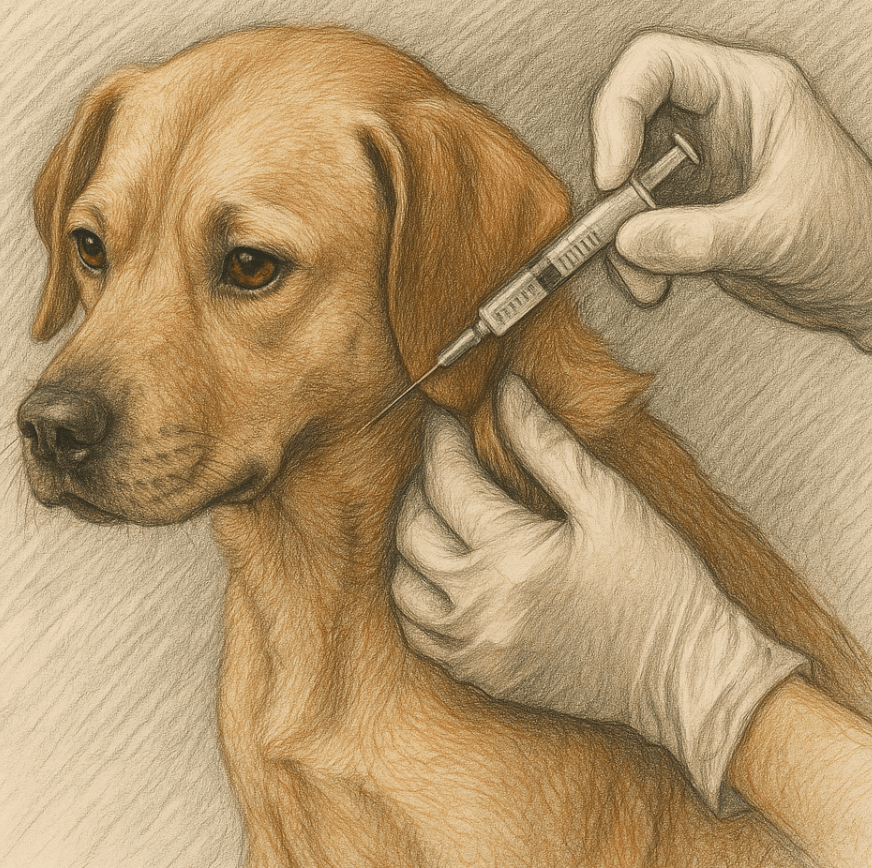
Advantages of Cytopoint | Potential Concerns to Consider |
|---|---|
Fast-acting relief within 24 hours | May not address underlying allergies |
No daily medication required | Cost may be higher than other treatments |
Minimal side effects | Not suitable for non-allergic itching |
Safe for long-term use | Requires veterinary visits for injections |
Improves skin and coat health | Results vary depending on the dog |
What to Expect During and After the Cytopoint Injection
If you’re considering Cytopoint for your dog, it’s helpful to know what to expect during and after the procedure. Here’s a step-by-step overview:
Veterinary Consultation:
Your vet will assess your dog’s symptoms and confirm that allergic itching is the primary issue before recommending Cytopoint.Quick Injection Process:
The injection is administered under the skin, similar to a vaccine, and takes just a few minutes to complete.Monitoring for Reactions:
While rare, mild reactions like swelling at the injection site may occur. Contact your vet if you notice anything unusual.Gradual Improvement:
Most dogs show signs of reduced itching within 1 to 2 days, with full relief lasting several weeks.Follow-Up Appointments:
Schedule regular check-ins with your vet to monitor your dog’s progress and determine when another injection is needed.
Understanding these steps ensures a smooth experience for both you and your dog throughout the treatment process.
Who Should Avoid Using Cytopoint?
While Cytopoint is safe for most dogs, it’s not suitable for every situation. Here are some scenarios where alternative treatments might be recommended:
Non-Allergic Causes of Itching:
If your dog’s itching is caused by fleas, infections, or other non-allergic conditions, Cytopoint won’t provide relief.Underlying Health Issues:
Dogs with severe immune disorders or cancers may require different approaches to manage their symptoms.Cost Constraints:
Cytopoint can be expensive, especially for larger breeds requiring higher doses. Budget-conscious owners may need to explore alternatives.Mild or Seasonal Allergies:
For dogs with occasional flare-ups, simpler treatments like antihistamines or medicated shampoos might suffice.Owner Preference:
Some pet owners prefer oral medications or natural remedies over injections, even if they require more frequent administration.
By evaluating these factors, you can determine whether Cytopoint aligns with your dog’s needs and your preferences as a caregiver.
Tips for Preparing Your Dog for Cytopoint
Preparing your dog for their Cytopoint injection can make the process smoother and less stressful for both of you. Follow these tips to ensure a positive experience:
Schedule During Calm Times:
Choose a day when your dog is relaxed and not overly anxious, ensuring they’re comfortable during the visit.Bring Comfort Items:
Bring along their favorite blanket or toy to keep them calm at the vet’s office.Discuss Concerns with Your Vet:
Share any worries or observations about your dog’s condition to help your vet make the best recommendations.Monitor for Changes:
Keep an eye on your dog’s behavior and skin condition in the days leading up to the appointment to track patterns.Plan for Follow-Ups:
Arrange future visits ahead of time to maintain consistency in your dog’s treatment schedule.
Preparation ensures your dog receives the best possible care during their Cytopoint journey.
Alternative Treatments for Dog Allergies
If Cytopoint isn’t the right fit for your dog, there are other options available to manage allergies effectively. Here are some alternatives worth considering:
Antihistamines:
Over-the-counter or prescription antihistamines can help reduce mild allergic reactions, though they may cause drowsiness.Medicated Shampoos:
Hypoallergenic shampoos soothe irritated skin and remove allergens, providing temporary relief.Dietary Changes:
Switching to a hypoallergenic or limited-ingredient diet can address food-related allergies and improve overall health.Environmental Controls:
Reducing exposure to allergens like pollen, dust mites, or mold can minimize flare-ups.Steroids or Immunosuppressants:
For severe cases, medications like corticosteroids may be prescribed, though they come with potential side effects.
Exploring these options allows you to find the best solution for your dog’s specific needs.
Signs Your Dog May Benefit from Cytopoint
Not sure if your dog is a good candidate for Cytopoint? Look for these signs that indicate they might benefit from this treatment:
Persistent Scratching or Licking:
Excessive scratching, biting, or licking is a clear sign of allergic discomfort that Cytopoint can alleviate.Red or Inflamed Skin:
Chronic skin irritation, hot spots, or redness often signal underlying allergies that need attention.Hair Loss or Bald Patches:
Constant itching can lead to hair loss, especially around the paws, belly, or ears.Difficulty Sleeping:
If your dog seems restless or unable to settle due to itching, it’s time to consider targeted relief.Seasonal Flare-Ups:
Dogs with recurring symptoms during certain seasons may benefit from periodic Cytopoint injections.
Recognizing these signs helps you seek timely treatment and restore your dog’s comfort and happiness.
Frequently Asked Questions About Cytopoint for Dogs
How long does Cytopoint last?
The effects of Cytopoint typically last 4 to 8 weeks, depending on the individual dog’s response.
Is Cytopoint safe for older dogs?
Yes, Cytopoint is generally safe for senior dogs, but consult your vet to ensure it’s appropriate for your pet’s specific health conditions.
Can Cytopoint cure allergies?
No, Cytopoint manages symptoms by reducing itching but does not address the underlying cause of allergies.
Are there any side effects?
Side effects are rare but may include temporary swelling at the injection site or mild lethargy.
How much does Cytopoint cost?
Costs vary based on your location, your dog’s size, and the frequency of injections, but it typically ranges from $60 to $150 per dose.
Making an Informed Decision About Cytopoint
The Cytopoint injection offers a modern, effective solution for managing allergic itching in dogs, providing relief without the drawbacks of traditional medications. By understanding how it works, its benefits, and potential limitations, you can determine whether it’s the best choice for your furry companion. Always consult your veterinarian to tailor a treatment plan that meets your dog’s unique needs. With the right care and support, you can help your dog live a happier, itch-free life.
Rimadyl for Dogs: Best 7 Expert Tips! Discover expert advice on using Rimadyl safely, managing pain, and improving your dog’s mobility with trusted veterinary insights.
Can Dogs Have Tylenol for Pain? Best 7 Expert Tips! Discover the risks, safe alternatives, and expert advice on managing your dog’s pain effectively while avoiding harmful medications.
Understanding Hemophilia in Dogs: Best 7 Expert Tips! Discover expert advice on managing hemophilia, recognizing symptoms, and ensuring your dog’s well-being with practical care strategies.
Understanding Dog Sensitive Skin: Best 7 Expert Tips! Discover expert advice on managing dog sensitive skin, relieving irritation, and improving your pup’s comfort with practical solutions.

